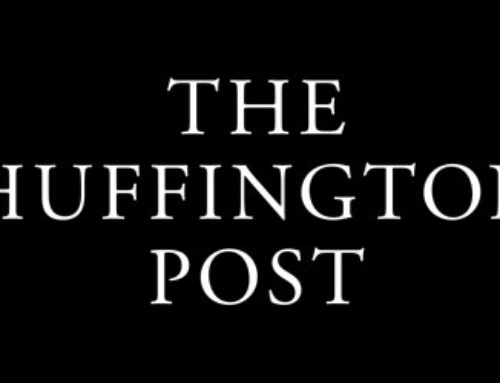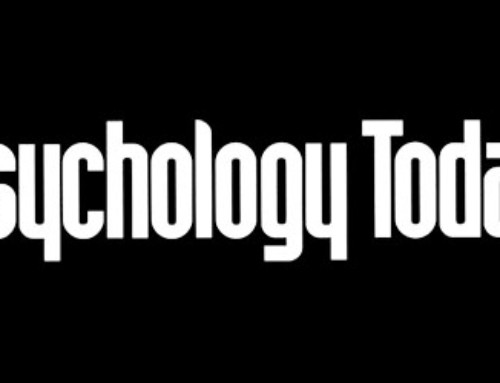Much has been written about the underlying message of The Hunger Games, and how the inspiration for the dystopian Young Adult novel series came from the author Suzanne Collins flipping through TV channels between a reality television show and news footage of the war in Iraq. From this beginning, Ms. Collins delivered a series that has captured the imaginations of readers both young and old with a theme as ancient as war itself: offering up a nation’s young as lambs to slaughter.
While the cinematic version of The Hunger Games may be more politically ambiguous than the novels, the time period in which the books were published is anything but ambiguous. America’s rude economic awakening had as much to do with being overextended in ongoing wars paid for on imaginary unlimited capital, as it does with large segments of the population getting by on overextended credit and never suspecting the other shoe was about to drop, and land right on top of their houses.
With some economic forecasters predicting that a full recovery may not happen until 2018, America’s younger workers are witnessing their future economic infrastructure collapse around them. One could view the ritualized “killing as entertainment” of the tributes in The Hunger Games as an allegory about cashing in on the next generation’s future hopes and dreams. Add our deteriorating education system to the ongoing financial hard times, and we have a perfect storm of social and economic problems that could easily tip the balance toward social unrest on a scale not seen since the late 1960s. Without a healthy economy where a more all-inclusive segment of the population can depend upon a livable wage, we all lose, since everyone lives in and depends upon the same unstable system. And the powers that be can’t keep expecting people to accept an economically unbalanced system that’s simply no longer sustainable.
The Hunger Games is a far more dark and complex vision than other recent popular teen sensations. One can easily find articles asking whether a movie like this could have been given the go ahead by studio executives a decade ago, much less promoted as a suitable teen movie, similar to Twilight or the Harry Potter movies. Critics and parents may already be looking fondly back on the safe reliability of teen girls making moon eyes and breathing heavily toward a vampire in their midst, or boy wizards battling the dark forces with his eager, well-groomed friends by his side. Nope, in The Hunger Games the revolution’s for real kids, and may the most kick-ass warrior win.
It’s true, Harry Potter had its somber moments, but even in its most harrowing scenes it was set in a fantasy world full of wizards, witchcraft, and just the right amount of thrills and chills. In The Hunger Games, the stark images of kids dying on the field of televised battle, in a future dystopian United States where a decadent power elite rule the masses, seems a little too close for comfort. Politicians vainly scream out “class warfare” and “socialism” to fuel their followers when people rise up in protest, but a bold vision put up on screen lets our culture know what’s really going on.
In the same way Orwell wrote about 1948 and titled his novel 1984, one can ask whether The Hunger Games is a reflection of our current world or a warning of horrific things to come. Is the tip-off also in the title? Aren’t we all hungry for a world where innocence doesn’t have to be needlessly killed off, much less where blood sport as entertainment sinks down to appeal to younger and younger audiences, becoming more real as it continues in a downward spiral? In the meantime, The Hunger Games poses the question: Is all of this the inevitable result of Winner-Take-All Capitalism?




